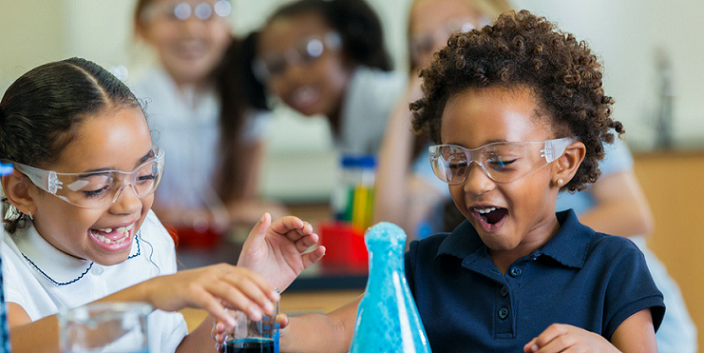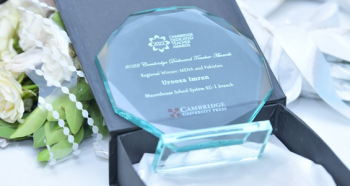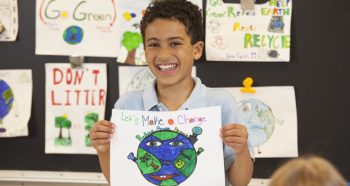If I use the phrase ‘practical science’, what images pop into your head? Is it someone in a white coat and goggles using a Bunsen burner? Or a group of people on board a ship preparing to launch a submersible to the depths of the ocean? Or is it someone sitting in front of a computer running an analysis?
All of these images relate to adults doing science professionally. But what does practical science look like in a primary classroom?
In many ways primary practical science should look like any other lesson – engaged learners huddled over an activity (carefully selected by the teacher for its relevance to today’s learning), eagerly discussing their work and supporting each other.
Primary practical science is all about:
- providing learners with a structured activity selected to support the intended learning
- exploring phenomena and – through observation, questioning and investigation – understanding those phenomena
- engaging learners with the science being explored.
So why do practical science? There are many reasons, but one of the most powerful is that incorporating practical science appropriately into teaching can help save time and resources later. With practical science, learners develop a better understanding of the science from the moment something is first introduced.
In primary science, it is very easy to miss the focus on phenomena, practical observation and investigation. The temptation is to discuss science as a body of fixed knowledge and provide it to learners to ingest. However, this can lead to problems later in a learner’s education where they are not secure in their understanding.
This was brought into focus when I attended a session at this year’s Association for Science Education conference presented by Dr David Crowther, the President of the National Science Teachers’ Association of America, about Using inquiry science to build language for students whose first language is not English. In this session, the exploration of a phenomenon (in this case skewering balloons with wooden sticks) was at the forefront of the experience, even before any ‘science’ was talked about. This then led into carefully structured questions, activities and reflections, which extended that exploration and experience, to develop understanding of the phenomenon and the science behind it. By giving learners an experience to scaffold their understanding, they are more able to understand the scientific terminology, models and concepts required to grasp the science the teacher planned to teach. The practical work has value and improved learning.
Practical primary science can also bring great value to other subjects. For example, it can provide rich opportunities for applying mathematics, such as taking measurements, drawing graphs and talking about data, and it can bring history to life through recreating experiments carried out by famous scientists of the past.
It doesn’t have to be expensive. Much of the practical work in primary science can best be done using familiar objects such as plates, knives, glasses, food, water and others. In fact, using familiar objects allows primary learners to focus on the science rather than the novelty of the equipment – for example, investigating how disposable nappies work or investigating if falling toast does always land butter-side down.
One barrier Cambridge International recognises is teachers saying: ‘I know what science I need to teach but when and how should practical science be used?’ That is why we have updated the science schemes of work for Cambridge Primary (which are now available to use for Cambridge International schools), to give more suggestions of how to use scientific enquiry to support learning in every unit of every stage.
Identifying the opportunities to teach, and use, scientific enquiry is the first step to producing meaningful practical science experiences in your classroom – experiences that will allow learners to explore phenomena and really get to grip with what science is. (Lab coats remain optional!)





